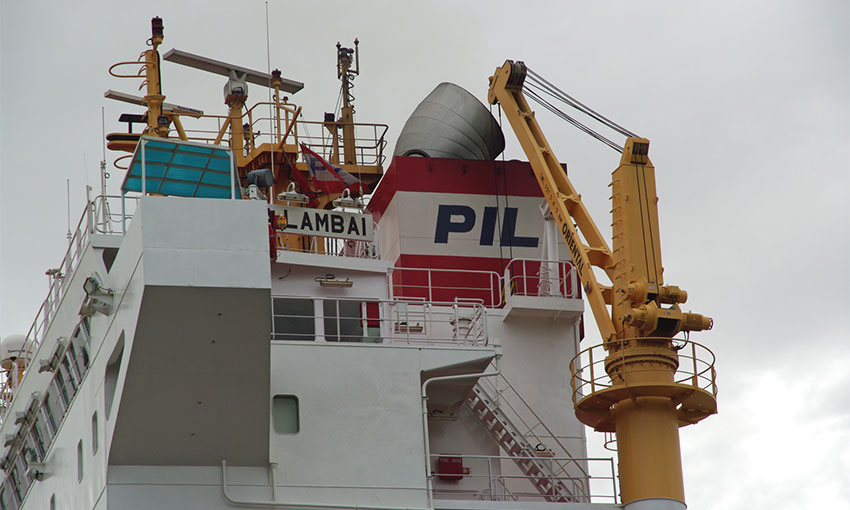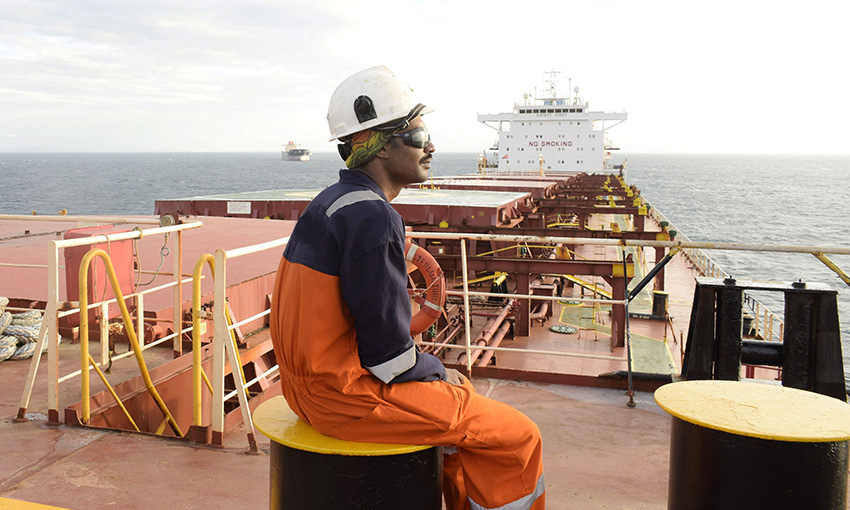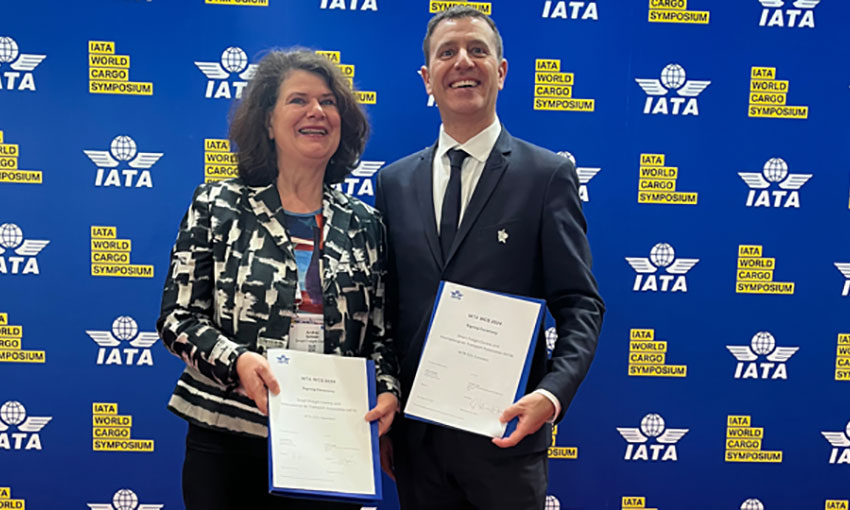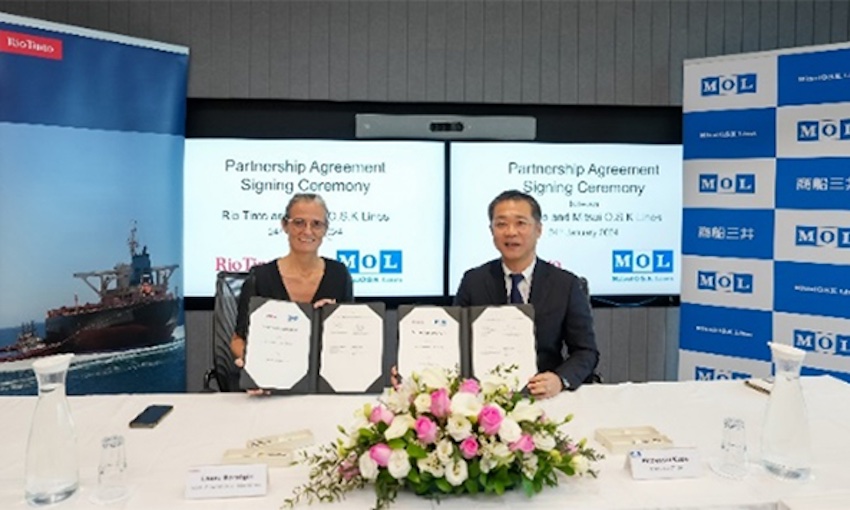THE shipping industry needs to set ambitious targets to help prevent global climate catastrophe, according to a new position paper released by the International Transport Workers’ Federation (ITF).
The paper comes as Glasgow hosts the 26th UN Climate Change Conference of the Parties (COP26) from 31 October-12 November 2021.
The ITF’s paper – The green horizon we see beyond the big blue – sets out eight fundamental principles for a “just transition” to ensure the decarbonisation of the industry includes workers’ voices. ITF says this is essential as the industry tests alternative fuels, re-designs skills and career pathways, and shifts employment from fossil fuels to alternative fuel bunkering systems.
To bring international shipping into line with the Paris Agreement, the ITF is calling for the industry and regulators to commit to a target of zero-carbon by 2050.
The ITF believes the regulation of shipping emissions must be set either through a binding target at the International Maritime Organization or by the addition of international shipping in states’ Nationally Determined Contributions (NDCs) under the Paris Agreement.
Stephen Cotton, the ITF’s general secretary said, “Huge changes are needed swiftly to switch the shipping industry away from fossil fuels. Seafarers have the passion, knowledge and ideas to help move the industry to a carbon-free future.
“The decisions made by leaders over the coming weeks at COP and elsewhere will be crucial to preventing irreversible climate change. As working people, we deserve a planet that is safe to live on.”
But switching from carbon heavy bunker fuel to new energy sources such as hydrogen or ammonia has the potential for danger for workers, the ITF’s paper points out.
Changes such as the introduction of new technology must not be used as an excuse to reduce crewing numbers on ships or to attack workers’ jobs or conditions. In fact, the ITF believes the transition could lead to more employment, and is especially an opportunity to encourage more women and young people to take up work at sea.
David Heindel, ITF’s sustainable shipping working group chair said, “Seafarers must be at the table from the outset, if we are to deliver sustainable shipping for future generations.
“The industry would be well-advised to draw on workers’ experience and expertise. That way, plans for achieving zero-carbon emissions can happen quickly, safely and fairly.”
Ports, the ITF warned, will need major investment to replace diesel tanks and pipeline infrastructure with the fuel systems of the future. Upgrades could cost hundreds of billions of dollars.
The ITF position paper calls on international regulators, governments and the shipping industry itself to look at ways the transition can be funded fairly, particularly for investments needed in the world’s poorest countries.
“A just transition for workers was included in the Paris Agreement for a reason – there can be no climate justice without labour justice,” Mr Cotton said.
“Workers will drive the urgent transformation of the global economy, and seafarers will drive the transformation in shipping. We’re up for the challenge.”
ITF affiliate, the Maritime Union of New Zealand, has backed the global worker-led campaign to reduce emissions in the shipping industry.
Maritime Union of New Zealand national secretary Craig Harrison said new technologies have the potential to massively reduce pollution and emissions.
“As a geographically remote, maritime trading nation, New Zealand needs to be in the forefront of innovation and socially responsible change in maritime transport,” he said.
Mr Harrison said even with current technology, domestic coastal shipping is the most low impact freight mode available within New Zealand. He said a greater role for domestic coastal shipping is essential to reduce emissions, and to build New Zealand’s resilience to worsening congestion in global supply chains.
ITF’s fundamental principles for a just transition to sustainable shipping:
- The transition must be ambitious: Workers must have a planet that is safe to live on
- The transition must be timely: Shipping must pull its weight and commit to zero emissions by 2050
- The transition must be democratic: Maritime workers must have a say on the future
- The transition must improve seafarers’ working lives: Protecting jobs, working conditions and safety
- The transition must be safe: Support a health and safety-first approach
- The transition must be equitable: Training must be fully funded for all seafarers
- The transition must be diverse: Promotion of women and young workers
- The transition must be funded: Public regulation and funding must drive decarbonisation





